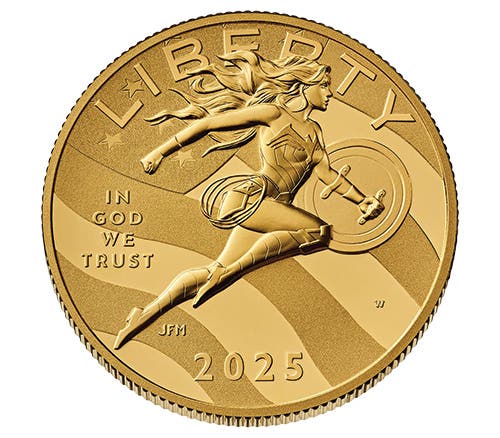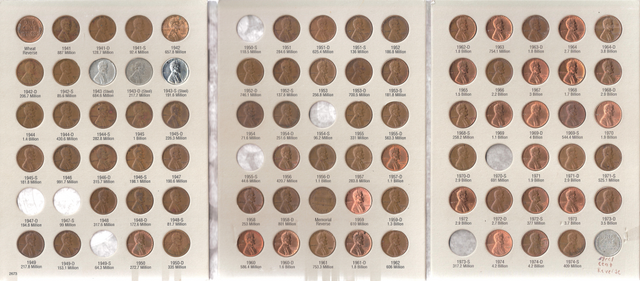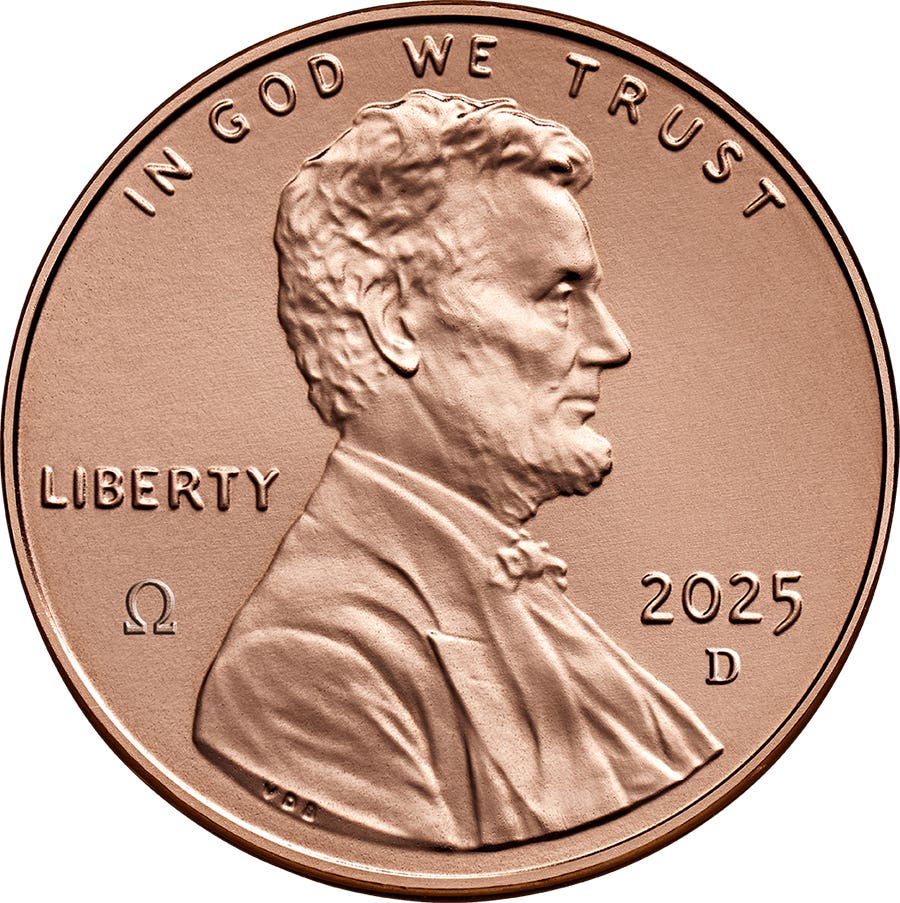State Department Under Spotlight
The U.S. State Department appears anxious to increase the number of countries covered by a rather one-sided Memorandum of Understanding, which impacts the ability of U.S. citizens and museums to import and own antiquities.
“I’m from the government, and I’m here to help you” is a famous quote by Ronald Reagan that cautions people whenever the government gets involved in something new.
These words should increasingly resonate with coin collectors as the U.S. State Department appears to be anxious to bump up the number of countries with which a rather one-sided Memorandum of Understanding is being agreed to that impact the ability of U.S. citizens and museums to import and own antiquities, often including certain coins.
Currently, ancient coins identified as having originated in Algeria, Bulgaria, China, Cyprus, Egypt, Greece, Iraq, Italy, Jordan, Libya, Morocco, Syria, and Yemen are on a list that requires their importation to be proved to have been made before specific dates by presenting satisfactory evidence to that effect.
The Antiquities Coalition is a Washington-based non-governmental organization whose stated goal is to stop the looting and trafficking of antiquities. According to the AC website, “The Antiquities Coalition unites a wide range of experts in the fight against cultural racketeering.”
The AC website further states, “Restricting the import of undocumented cultural objects—which lack a so-called ‘provenance,’ or paper trail—fights the illicit trade while allowing the legitimate trade to continue and even thrive. Indeed, such restrictions protect good faith purchasers, be they individual collectors, market actors, or museums.”
There have been flashpoints between the Ancient Coin Collector’s Guild, the State Department, and groups including the AC before. The State Department recently signed an MOU that substituted regular import restrictions on Yemeni cultural goods for an emergency action taken in 2020. The ACCG has now submitted a Freedom of Information request to the State Department seeking information about what the ACCG calls a “closed roundtable” that led to the signing of this MOU.
According to the ACCG, the meeting was set up by the Antiquities Coalition, which the ACCG refers to as “a mysteriously well-funded archaeological advocacy group which has described itself as a ‘partner’ of both the State Department and several authoritarian Middle Eastern governments, including that of a Saudi-supported faction in Yemen, which only controls a limited part of the country.” The Houthi, a group with connections to Iran that the U.S. identifies as being terrorists, controls the balance of Yemen.
The ACCG said the roundtable consisted of people from the State Department, “archaeological advocacy groups, law enforcement, and officials of a Saudi-supported faction in Yemen’s ongoing civil war.”
Assistant Secretary for Educational and Cultural Affairs Lee Satterfield is the decision-maker for cultural property MOUs. Following the meeting, Satterfield signed the Yemen MOU, the announcement of which first appeared on Antiquities Coalition social media sites.
The ACCG recently said, “Representatives of collectors and of the Jewish diaspora from Yemen and other Middle Eastern countries have criticized the MOU for being completed without input from the Cultural Property Advisory Committee or the opportunity for public comment…. Despite the short time frame afforded for public comment, the proposal received considerable opposition, including negative press reports.”
ACCG has condemned the meeting as an “effort to stifle debate by excluding impacted American interest groups from government decision-making.” Jewish exile and coin collector groups opposed Yemini import restrictions when they were previously reviewed in 2019.
According to a late 2023 CulturalPropertyObserver.Blogspot.com posting, “It is unclear whether this will result in a change in the current designated list, which implicitly includes the cultural heritage of Yemen’s displaced Jewish minority as well as a wide variety of coin types.” The agreement applies to objects of cultural significance that are more than 250 years old and objects and materials created by tribal groups that reflect the cultural heritage of local communities.
There is more at stake here than an inquiry into a meeting leading to signing an MOU. In a Dec. 28, 2023, Cultural Property News online posting, ACCG spokesman and Washington attorney Peter K. Tompa wrote, “Thanks to government largess, however, lucrative new opportunities have arisen for a select few archaeologists working with State Department bureaucrats to help justify cultural property Memorandums of Understanding or ‘emergency import restrictions.’ Not surprisingly, such work often draws those most committed to the view that cultural artifacts should be clawed back from U.S. collectors and museums for the benefit of countries that have been victimized in the past by Western colonialism. Most collectors, dealers, and museum curators have no idea about all the State Department money that funds this jihad against the private ownership of cultural goods in the U.S.”
You may also like:









